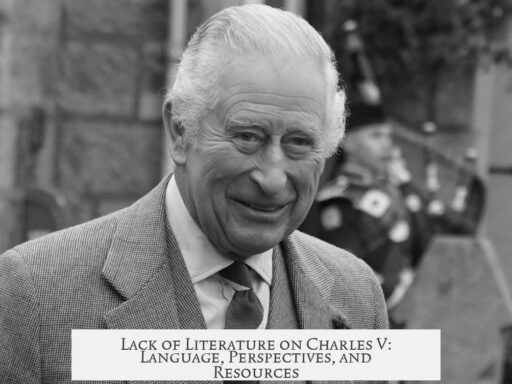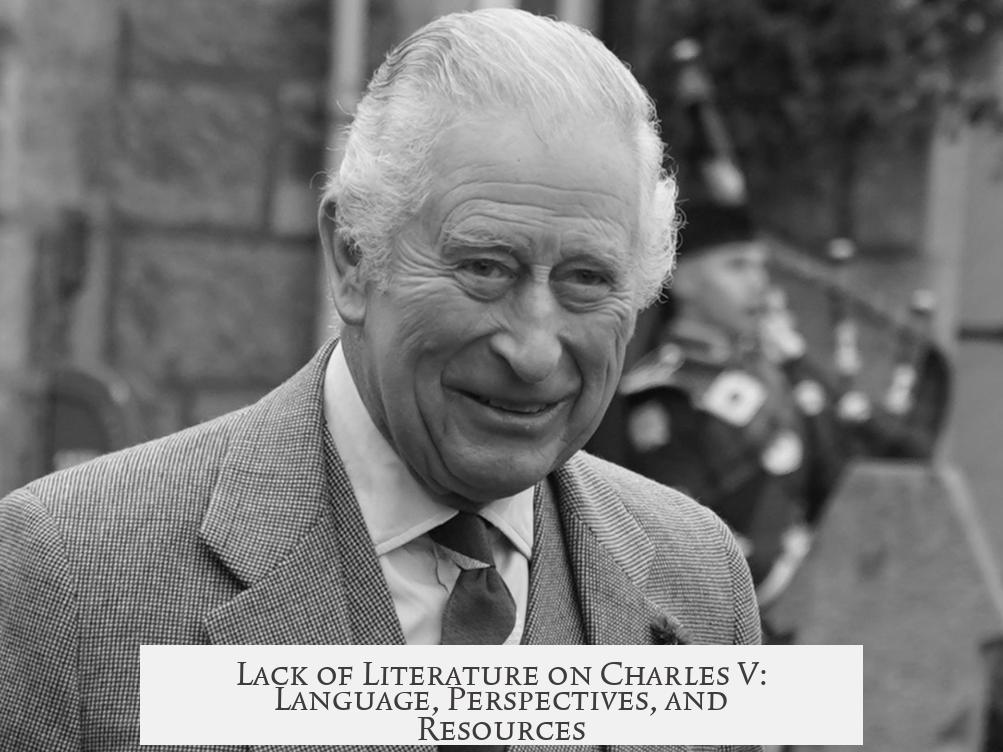The main reason for the perception that there is not a lot of literature on Charles V is the language barrier and the regional focus of existing scholarship. Most comprehensive works about Charles V, the ruler of the 16th-century Spanish Monarchy, are written in Spanish. Consequently, individuals searching for information in other languages, notably English, may find limited resources and mistakenly conclude that literature on him is scarce.
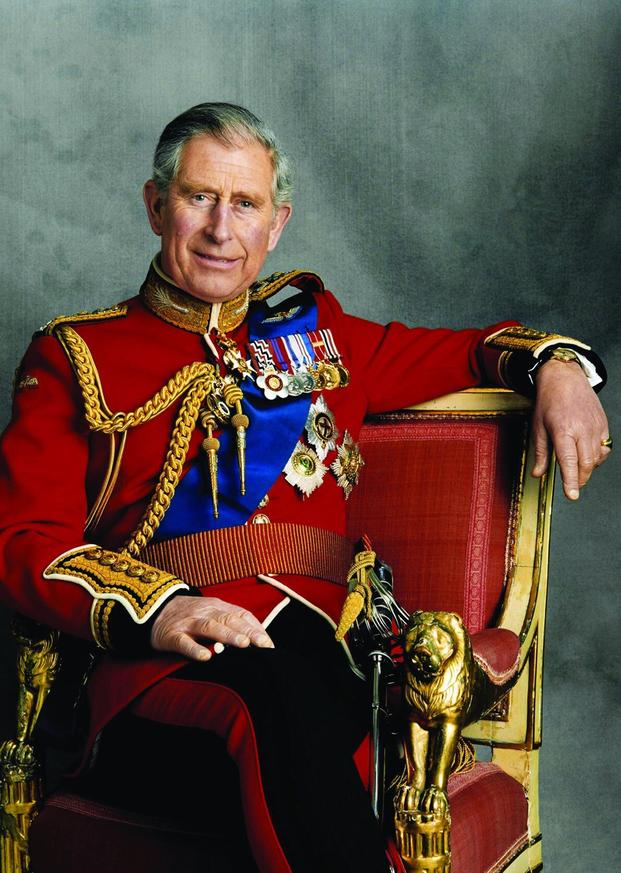
Charles V ruled a vast empire that included Spain, the Holy Roman Empire, and other territories. His reign was extensive and complex, involving politics, military campaigns, art patronage, and financial management. Despite this, much of the authoritative research and biography about him remains primarily within Spanish historiography, reflecting his central role in Spanish and European history.
The perception of limited literature stems largely from where researchers look. Scholars unfamiliar with Spanish have less access to the numerous detailed works published in Spanish-speaking countries. This regional and linguistic divide affects the visibility of scholarship in global academic circles, especially in English-speaking environments.
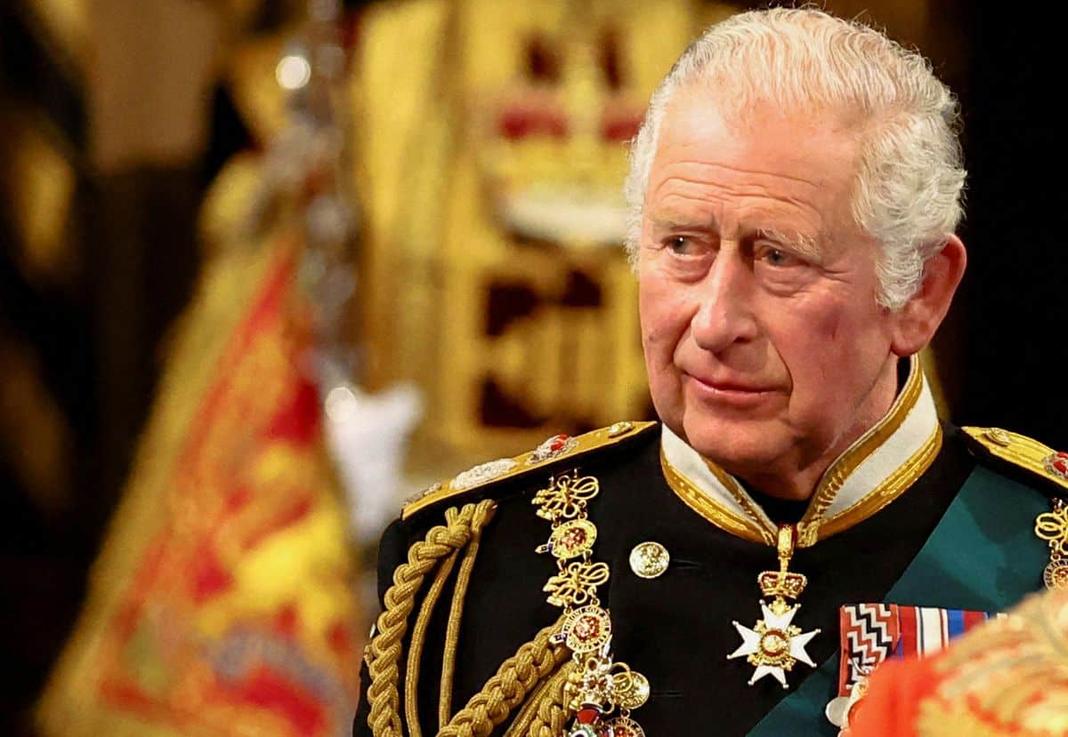
Significant biographies by Spanish historians provide deep insights into Charles V’s life and reign. For example:
- Carlos V by Joseph Pérez offers a comprehensive biography focusing on political and historical contexts.
- Monarquía e Imperio: el reinado de Carlos V by John Lynch explores Charles V’s imperial governance and monarchical expansion.
- Carlos V, señor de dos mundos by Juan Manuel González Cremona emphasizes his role bridging Europe and the New World.
- Carlos V, un hombre para Europa and Carlos V, el César y el hombre by Manuel Fernández Álvarez analyze the emperor’s impact on European politics and society.
Beyond general biographies, many specialized studies enrich knowledge about specific aspects of Charles V’s reign. Notable works include:

- Los banqueros de Carlos V by Ramón Carande, which offers detailed research on the financial mechanisms supporting the empire. It covers the roles of banking dynasties such as the Fuggers, Welsers, and Enzinas, illustrating the economic foundation of his power.
- Carlos V y los españoles by José María Jover Zamora, focusing on Charles V’s relations with his Spanish subjects and territories, highlighting national dynamics within the empire.
- Las guerras de mar de Carlos V by Francisco López de Gómara, a contemporary chronicler who documented naval conflicts and Mediterranean wars during Charles V’s era.
- Carlos V y las artes by Miguel Ángel Zalama, which studies Charles V’s patronage of the arts beyond his famous relationship with the painter Titian.
English-language options have been more limited historically, but recent scholarship has aimed to address this gap. For instance, Geoffrey Parker’s Emperor, A New Life of Charles V (2019) offers an accessible yet detailed biography in English. This book covers key areas such as power politics, royal communication systems, personal life, and major historical events associated with Charles V, providing a valuable resource for English-speaking readers.
The issue is not a true scarcity of literature but rather an accessibility problem linked to linguistic and regional research biases. Researchers looking primarily in English or other non-Spanish languages may find few sources, whereas a vast and diverse body of scholarship exists in Spanish. This body includes riveting narratives and specialized studies that deepen understanding of Charles V’s achievements and challenges.

| Aspect | Representative Work (Author) |
|---|---|
| General Biography | Carlos V (Joseph Pérez) |
| Imperial Governance | Monarquía e Imperio (John Lynch) |
| Financial History | Los banqueros de Carlos V (Ramón Carande) |
| Spanish Relations | Carlos V y los españoles (José María Jover Zamora) |
| Naval Warfare | Las guerras de mar (Francisco López de Gómara) |
| Arts Patronage | Carlos V y las artes (Miguel Ángel Zalama) |
| Recent English Biography | Emperor, A New Life of Charles V (Geoffrey Parker) |
Improved linguistic exchange and translation initiatives could help widen access to Spanish literature on Charles V. Scholars and readers informed about Spanish historical sources will discover a rich, multidimensional portrait of this emperor.
- The perceived lack of literature on Charles V is due to language barriers.
- Most major works about him are in Spanish.
- There is a rich body of general and specialized literature in Spanish.
- English-language biographies and studies are fewer but improving.
- Awareness and access to Spanish-language sources reveal ample material on Charles V.
Why Is There Not a Lot of Literature on Charles V?
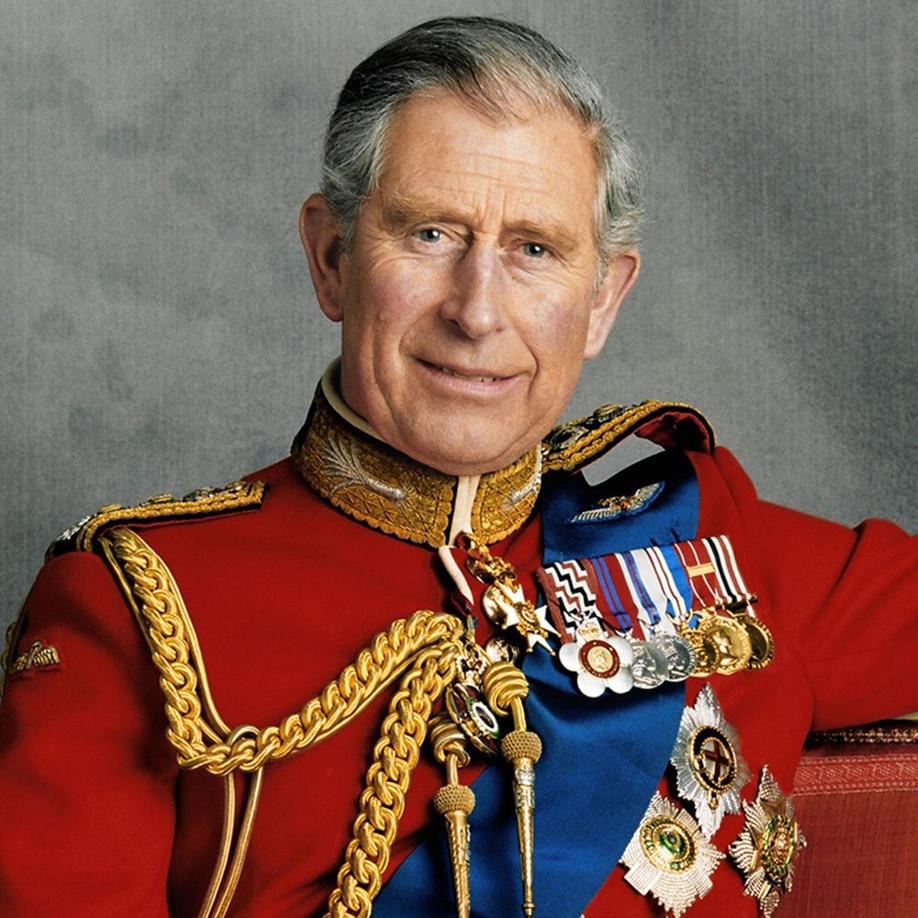
If you’ve ever googled “Charles V” expecting to find heaps of English books and scholarly articles, only to scratch your head wondering why the results look somewhat sparse, you’re not alone. The truth is, there IS plenty of literature on Charles V, but much of it isn’t just hiding under a rock—it’s mostly written in Spanish. This language barrier creates a kind of phantom scarcity, misleading many readers into believing there is little to read about this monumental figure.
Let’s dive into why this happens—and why Charles V’s literary presence is more robust than it seems at first glance.

A Royal Who Speaks Mostly Spanish
Charles V rules not just any old patch of land—but an Empire largely centered around Spain. He wears the crown of the Spanish monarchy during its peak expansion. Naturally, historians and writers from Spain and Spanish-speaking countries have taken a greater interest in chronicling his life and reign. It’s logical, then, that a lion’s share of the literature about him is in Spanish.

This doesn’t mean there aren’t good English sources; it just means they’re outnumbered and often overshadowed by the Spanish works. If you’re searching only in English-language databases or bookstores, you’re effectively ignoring an ocean of invaluable studies and biographies.
Where Are You Looking?
Let’s picture a scenario: someone unfamiliar with Spanish history searches online or in local libraries for Charles V literature. Since many academic resources are behind colored curtains of language, they get frustrated and conclude there is little out there. It’s a classic case of not looking in the right place.
In fact, vast works exist in Spanish, from humble biographies to highly specialized studies. So if you adjust your “literary glasses,” the illusion of scarcity quickly dissolves.
Books You Should Know About
Wondering where you *can* start? Let’s highlight a few titles proving the depth and variety of Charles V literature:
- Carlos V by Joseph Pérez. This biography paints a detailed picture of Charles’s political maneuvering and personal traits.
- Monarquía e Imperio: el reinado de Carlos V by John Lynch elaborates on the Empire-building aspect during his reign.
- Carlos V, señor de dos mundos by Juan Manuel González Cremona gives insight into the global impact of Charles’s rule.
- Carlos V, un hombre para Europa and Carlos V, el César y el hombre, both by Manuel Fernández Álvarez, explore his dual roles as emperor and man.
Specialized Stories Beneath the Surface
But what if you want more than a simple biography? Spanish historians didn’t just write dry, broad overviews. They dug into topics like finance, naval wars, and arts related to Charles V, revealing an emperor with complex and fascinating dimensions.
- Los banqueros de Carlos V by Ramón Carande uncovers the intricate financial network supporting Charles’s vast empire. It dives into banks like the Fuggers, Welsers, and Enzinas, revealing how money shaped the era.
- Carlos V y los españoles by José María Jover Zamora paints the evolving relationship between the emperor and his Spanish subjects, helping us understand how Spain itself transformed under his reign.
- Las guerras de mar de Carlos V, from Francisco López de Gómara, is almost like a 16th-century newsletter on naval expeditions and Mediterranean wars.
- Carlos V y las artes by Miguel Ángel Zalama stretches beyond just Tiziano’s portraits, showing cultural patronage under the emperor.
What About English Readers?
Good news! English readers aren’t completely out of luck. Geoffrey Parker’s Emperor, A New Life of Charles V (2019) offers a fresh and thorough biography focusing on politics, personal life, and the logistics of ruling a massive empire before the age of email and instant messaging. Parker provides a clear, engaging narrative that demystifies Charles’s complex reign.
Still, even Parker’s excellent work is just the tip of the iceberg compared to the wealth of Spanish-language research. Want a deeper study? Learning Spanish or collaborating with Spanish-language experts might be the secret sauce.
Why Does This Matter to You?
If you want a comprehensive understanding of Charles V, recognizing this language reality helps you access a whole new world of knowledge. You’ll find richly detailed histories, nuanced biographical accounts, and thrilling studies on everything from finance to naval battles. The history isn’t scarce; it’s scattered—in accessible and even colorful fragments—waiting for the curious reader to piece it together.
Isn’t it intriguing how history’s availability can hinge on language? This situation challenges us to think beyond our usual sources and embrace global scholarship. With a little effort, Carl V’s story unfolds in vivid hues, reminding us that sometimes the key to *more* history is simply learning where to look.
Takeaway Tips to Hunt Down Literature on Charles V
- Include Spanish-language sources in your research—Google Scholar and WorldCat can help.
- Look for translated works or bilingual editions, especially the recent biographies.
- Use academic databases from Spanish universities, which often host digital copies of specialized studies.
- Network with historians or forums focused on Spanish history to get recommendations or translated excerpts.
In short, the question “Why is there not a lot of literature on Charles the V?” is mostly answered by “Look beyond English.” The emperor’s footprint in history is large and well-documented if we open up the right doors—mostly linguistic and regional.
“Good historians speak multiple languages. Good readers learn to find the right ones.”
If you want historical treasures, they’re not lost—they’re just waiting for new explorers willing to cross a language or two. Charles V’s world is vast, rich, and ready to be discovered.
Why does it seem like there is little literature on Charles V?
Most studies are written in Spanish. Since Charles V ruled the Spanish Monarchy, much research is in Spanish sources. This language factor limits accessibility for non-Spanish speakers.
Are there important biographies of Charles V outside Spanish works?
Yes. Geoffrey Parker’s 2019 book offers an English biography covering politics, personal life, and major events. However, it is less common compared to Spanish literature.
Where can I find detailed studies about Charles V’s reign?
Look for Spanish works like those by José María Jover Zamora on his relationship with Spain, or Ramón Carande on his financial policies. These specialized topics have thorough coverage in Spanish.
Is the perceived scarcity due to actual lack of research?
No. The scarcity is more about where and how people search. Literature exists but is concentrated in Spanish publications and archives.
What subjects do the existing works on Charles V cover?
They cover many areas: biographies, finance, naval wars, art patronage, and political history. Researchers have explored both broad and specific sides of his reign extensively.
